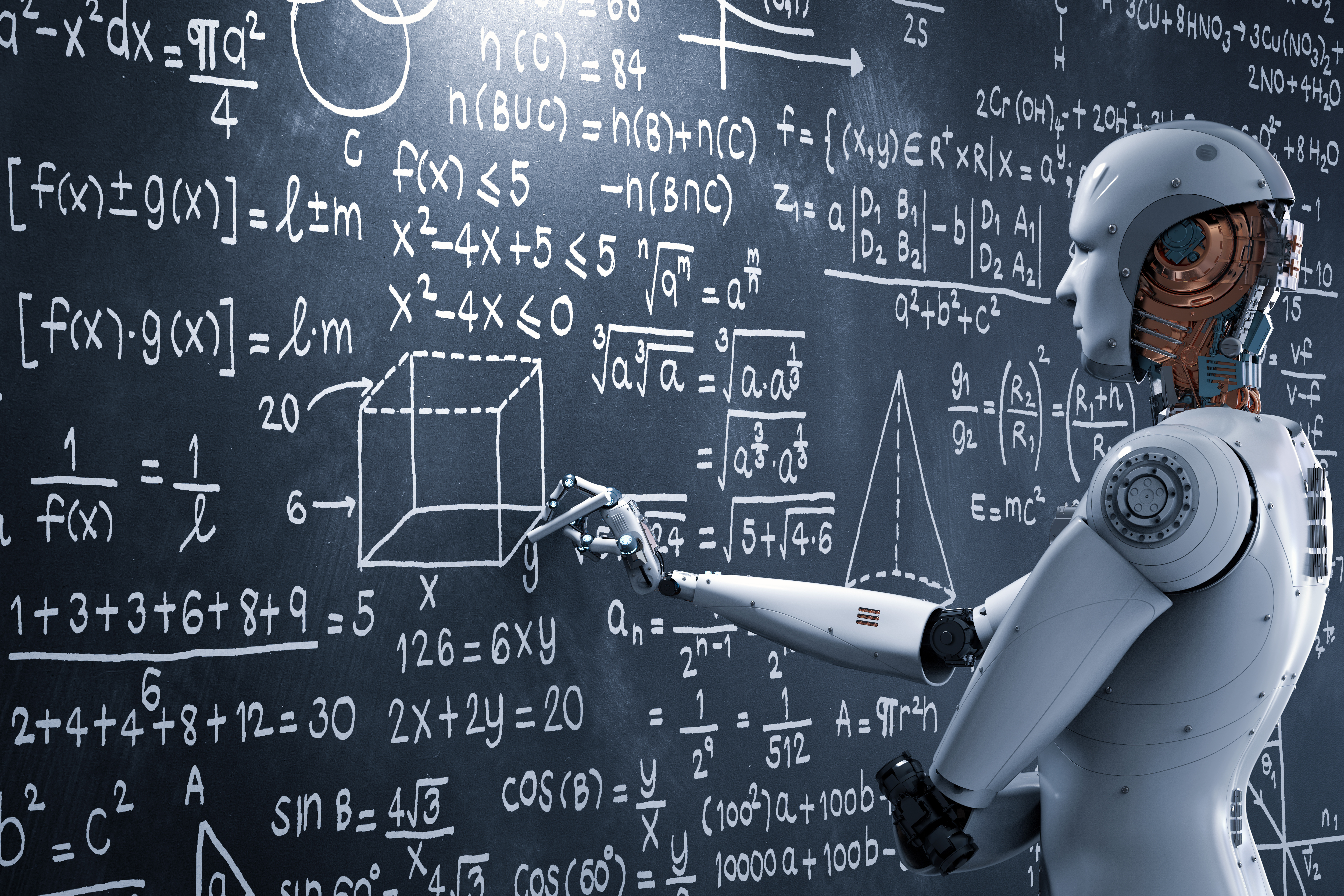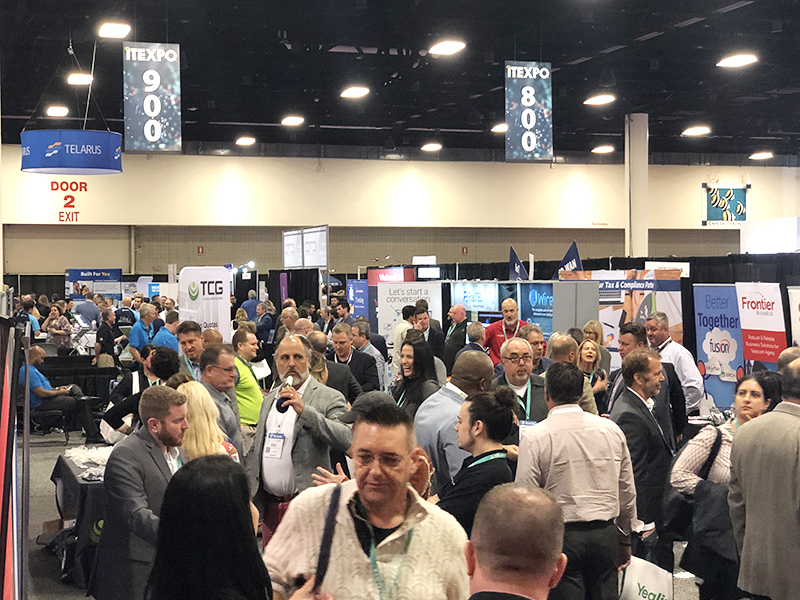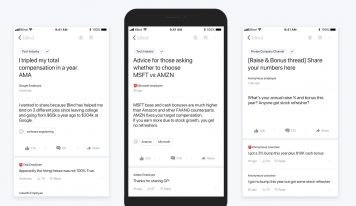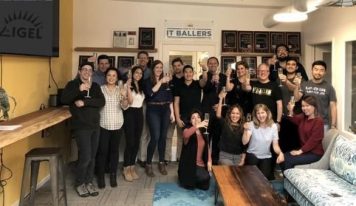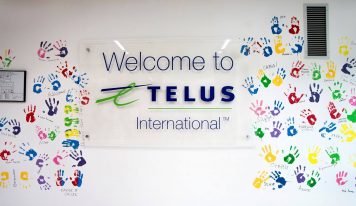Yesterday on Twitter Richard Bottoms posited an important question – asking when AI will take over for programmers.
For decades we have been told that robots and AI would take all the jobs yet in the U.S. and Europe and elsewhere the employment situation is fairly strong. In the U.S. there are well over a million jobs which can’t get filled because there is a lack of candidates.
AI is here today and it has been very useful in working with humans to make them far more productive. Peter Thiel, one of the great thinkers in tech in our opinion explains how in his experience and through multiple companies, the combination of AI and humans makes a great team, yielding results better than either, alone. His book, Zero to One details how this works.
This idea is not lost on Hollywood – they are using AI to make better movies with more predictable outcomes.
Los Angeles-based startup Cinelytic is one of the many companies promising that AI will be a wise producer. It licenses historical data about movie performances over the years, then cross-references it with information about films’ themes and key talent, using machine learning to tease out hidden patterns in the data. Its software lets customers play fantasy football with their movie, inputting a cast, then swapping one actor for another to see how this affects a film’s projected box office.
Say you have a summer blockbuster in the works with Emma Watson in the lead role, says Cinelytic co-founder and CEO Tobias Queisser. You could use Cinelytic’s software to see how changing her for Jennifer Lawrence might change the film’s box office performance.
“You can compare them separately, compare them in the package. Model out both scenarios with Emma Watson and Jennifer Lawrence, and see, for this particular film … which has better implications for different territories,” Queisser tells The Verge.
We still haven’t answered the question from Rich – but we were compelled to give one last night when we read his question.
Technology is very difficult to predict. To date, automation has led to productivity gains and this in turn has made workers more valuable, affording them higher wages as a result.
Think of the value of an accountant with and without Microsoft Excel. Which would you pay more too and how much more?
The question we as a society haven’t figured out is what is the end destination of the Future of Work.
To date, technology has allowed humans to leave the farms, where 96% of the jobs used to be.
This trend continues – Lockheed Martin could not design a hypersonic airplane without digital transformation. What is the value of a hypersonic airplane to society, to the economy, to the global military?
Perhaps we have 20 years before programming jobs are gone but perhaps not. What will the programmer of the future look like? Will they become more strategic?
Certainly, GitHub and other code repositories have allowed programmers to do less programming and more managing of existing code. Wouldn’t AI just extend this trend?
The Future of Work will be exciting and the transformation continues. To date, lots of new, high-value jobs have been created – we will see if this trend continues.
Where do organizations go to learn more? The world’s only Future of Work Expo (collocated with the ITEXPO #TechSuperShow) of course. Feb 12-14, 2020 in Fort Lauderdale, Florida.

